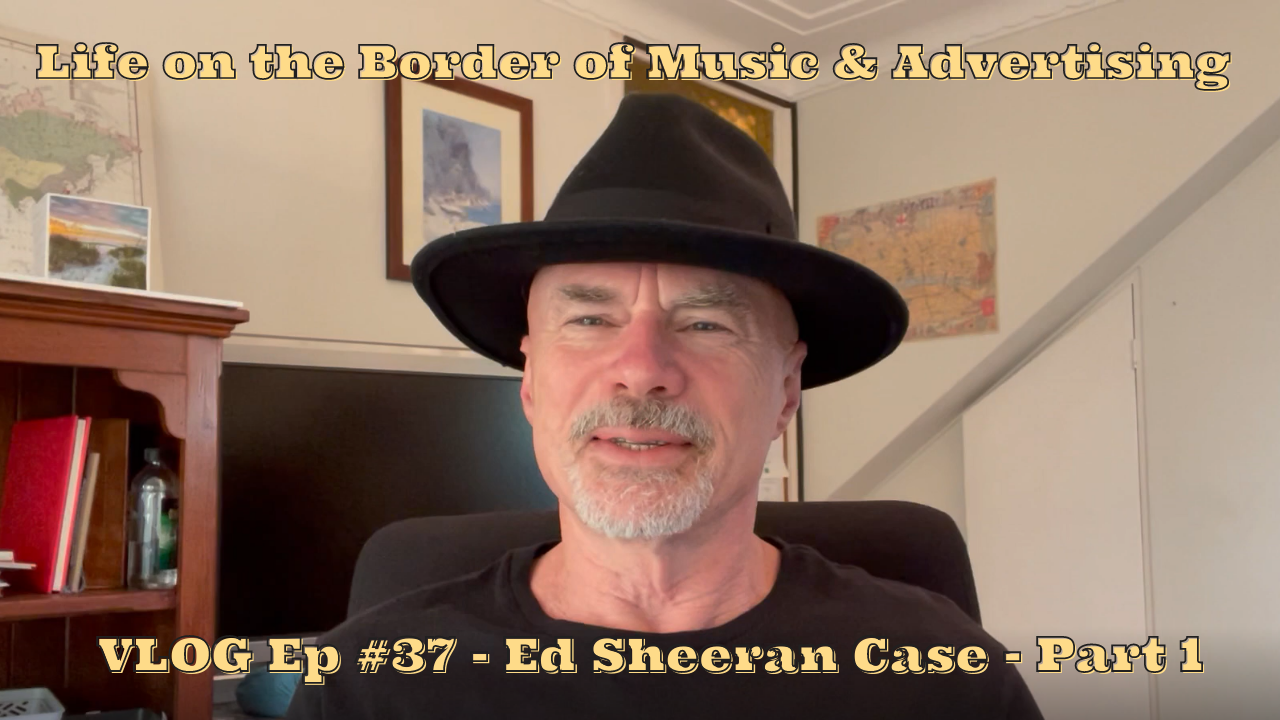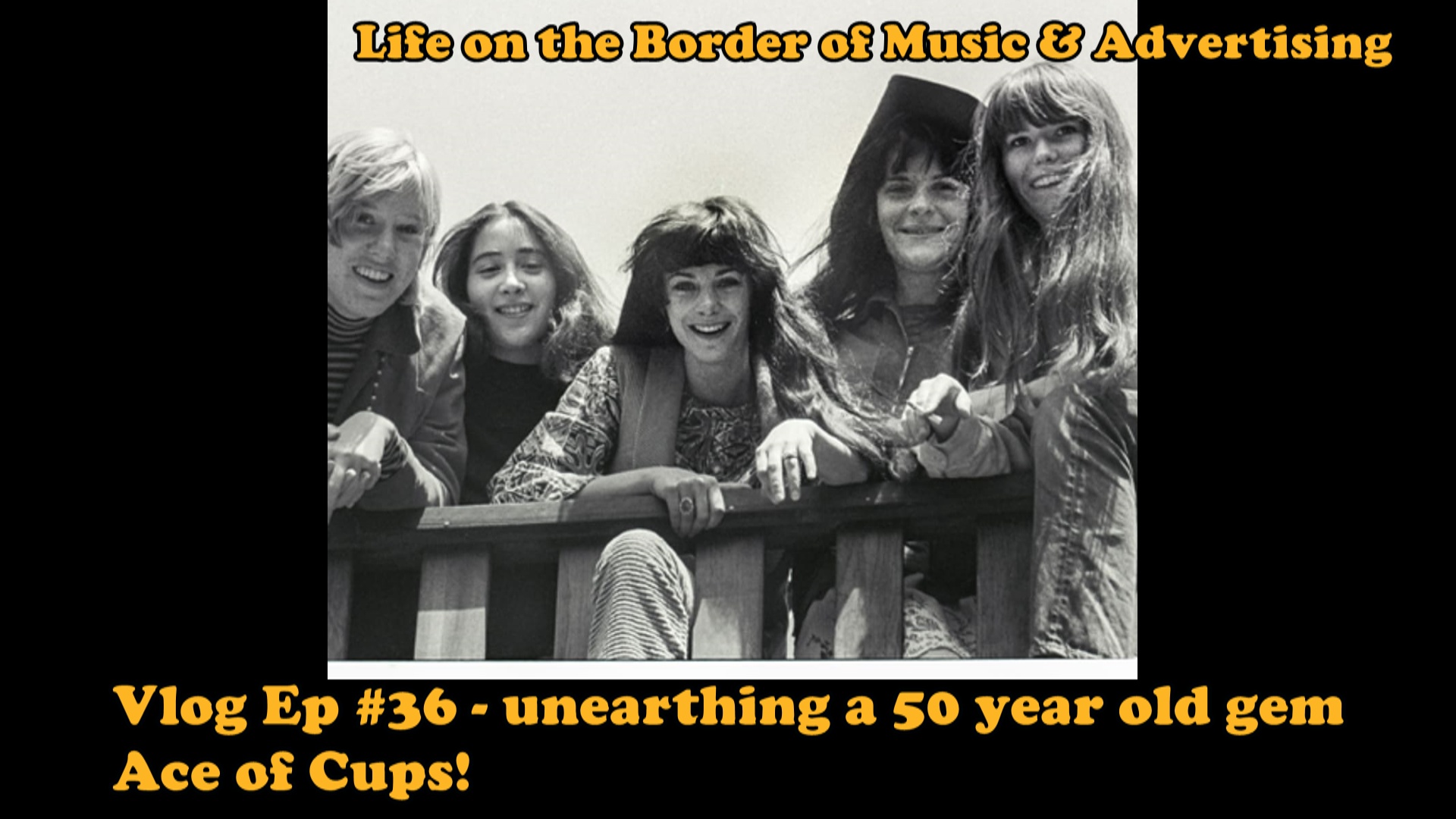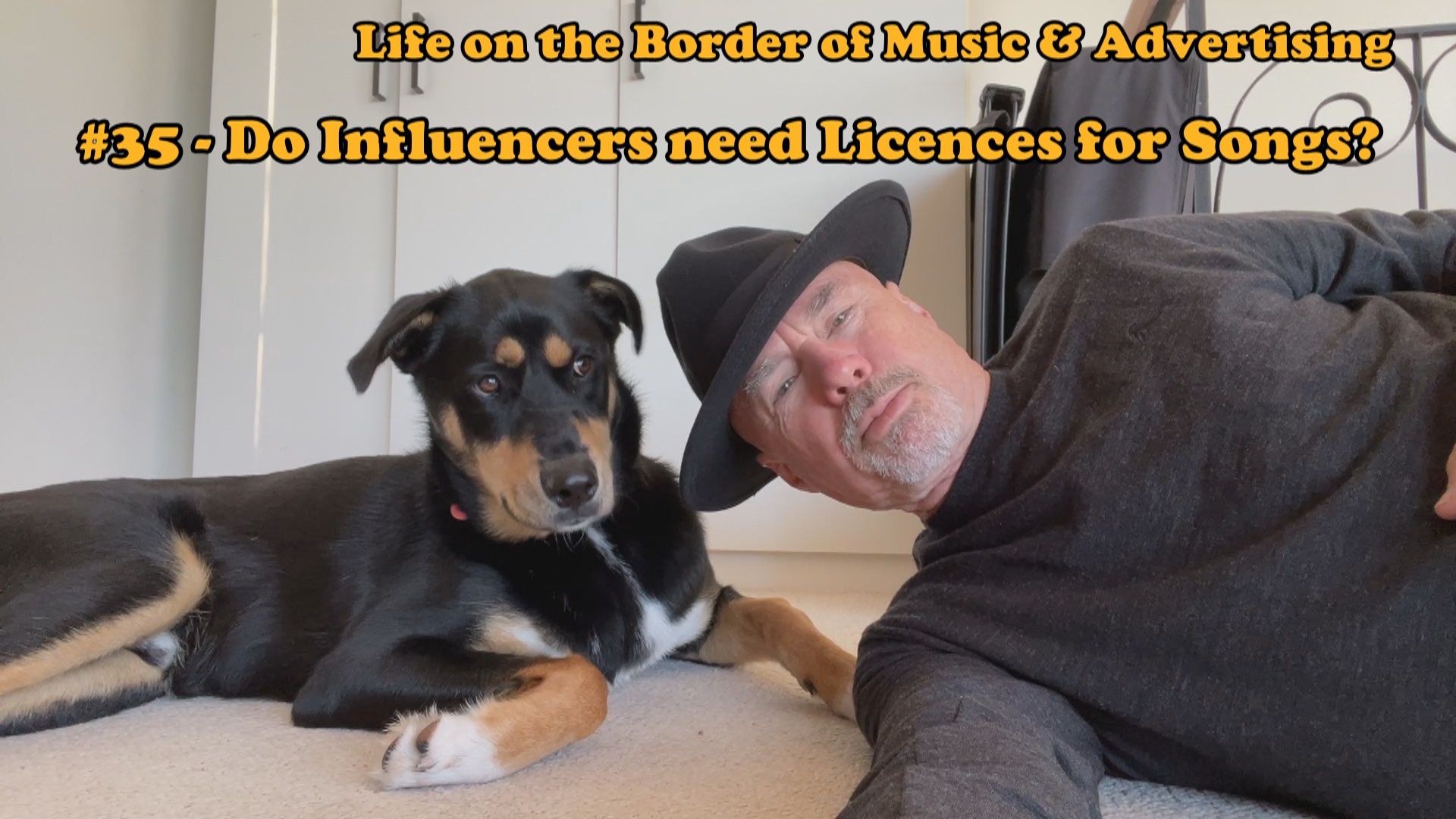How much did Clive Palmer spend on the campaign? And what did expert witness Karina Masters have to say about the impact of a potential “negative association” between Clive and the song? We also get our first glimpse of some key element’s of Clive’s defence.
You’ll find the full transcript below:
Bruce:
Okay. We’re really getting into this copyright court case now. First up, Universal’s Barrister. Mr. Flynn, laid a few more bricks in the foundations of his court case against Palmer, talking about how much money Clive spent on the advertising campaign.
Apparently and allegedly Clive spent $12 million on media. The ad was shown on TV 18,000 times during the election campaign, and there were 12 million views on YouTube. No, 17 and a half million views on YouTube. And Justice Katzman responded. It was a bit like an advertising Blitzkrieg then, which doesn’t sound very promising for Clive’s prospects, does it? I guess he was painting the picture that Clive could well and truly afford the licensing fee if he’d chosen to license the Twisted Sister track. But what’s the point of that? After all, if the opposite was true and Clive didn’t have two pennies to rub together, does that give him an excuse to rip off somebody else’s copyright? Allegedly, I don’t think poverty is an excuse for copyright infringement, is it?
And now, ladies and gentlemen, we get to the highlight of the day, the appearance of an expert witness, the one and only Ms Masters, the Sync licensing director for Universal Music Publishing in Australia.
Now, I have to declare some bias here, if that’s the right word. We deal with Karina almost every day, and she would be one of the most consummate professionals I’ve ever had business dealings with. We could certainly vouch for her expertise if called to court. Karina was clearly brought in to lay a few more bricks in the case. This time, I think, to talk about how much damage an infringement could actually do. First, she gave some evidence that’s pretty obvious to all of us that songs become linked to brands. She talked about Cole’s Supermarket’s use of the status quo song, Down, Down, Down. We could give examples of hundreds of other songs that have become linked to brands that we’ve worked on. A really good example is Isuzu’s use of Go Your Own Way by Fleetwood Mac. We’ve been licensing that for them for years and years and years, and it’s been incredibly successful to them. And people in Australia would have those two things linked together very closely in their minds.
Let me make that point in a completely different way. Clients often ask us why licensing a song for one month only is so expensive. It’s certainly not 1/12th of the cost of a one year license. It’s a lot more than that. Why? It’s because even if you use a song for a very short period of time, you are actually devaluing the asset. Even if it’s only for a week, another brand is less likely to use that song because it’s been associated with your brand. We can be sure that the likelihood of another brand licensing it diminishes after you have used it. Karina then extended that logic by saying that an association between Clive Palmer and the Twisted Sister song reduces the likelihood of another brand using it for a sync because it’s a negative association.
Interesting point. She’s kind of saying that nobody wants to be associated with Clive, probably. And now we get a glimpse of Clive’s defense or one plank of Clive defense because on cross-examination, Karina admitted that she couldn’t be completely sure about that. She couldn’t be a hundred percent certain that another brand wouldn’t license the song. Well, of course, she can’t be certain, definite, absolutely definite. When it comes to sync licensing, it’s not about science. It’s not about physics. It’s about probabilities and likelihoods.
And I’m not in court being cross-examined, but after 20 years in this sync licensing business, I can tell you that I’m pretty sure, almost a hundred percent certain, that the association now, the perceived association, between Clive Palmer’s campaign and that song makes it much less likely that another brand is going to use it. It’s completely obvious to us.
I can see why the Palmer lawyers want to challenge it though. Of course, they have to create doubt about the extent of any possible alleged damages. And finally for day one, we get a glimpse of a couple of parts of Clive’s central defenses. Firstly, he alleges that the Twisted Sister song uses or is based on an 18th century hymn called Oh Come All Ye Faithful, which we all know, which would mean that the song is in the public domain, in which case, Universal’s case collapses.
Seems unlikely to me. I can’t see it. I can’t hear it really. But we will see as the case unfolds what that really means. And secondly, Palmer’s Barrister, Mr. Edmund Robertson, presented a defense that says that the song comes under the category of fair dealing because it’s a parody, which means it’s not a licensing infringement, maybe. I have to say, I’ll be very surprised if that’s a solid argument and it wins the day. But we shall see. Obviously there’s a lot of water to go under the bridge before this court case ends. Stay tuned.
Please contact us if you need help with music searches or licensing songs for advertising campaigns, or just want to chat about music and advertising. We would love to hear from you! About anything really.
bruce at musicmill.com.au
LinkedIn: www.linkedin.com/in/bruce-tweedie-musicmill
Website: www.musicmill.com.au
Credit: the opening and closing sequences feature “Strong Hands” from Ben Catley:
The song: https://soundcloud.com/bencatley/stro…
About Ben: open.spotify.com/artist/66OGdUyXn2WSipn6ZYq7id
Disclaimer re copyright and fair use: https://www.musicmill.com.au/fair-use/



